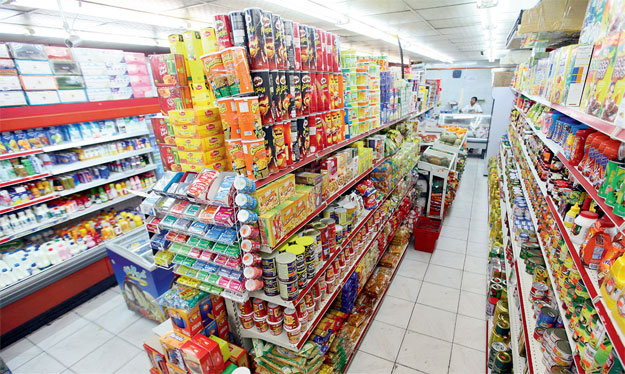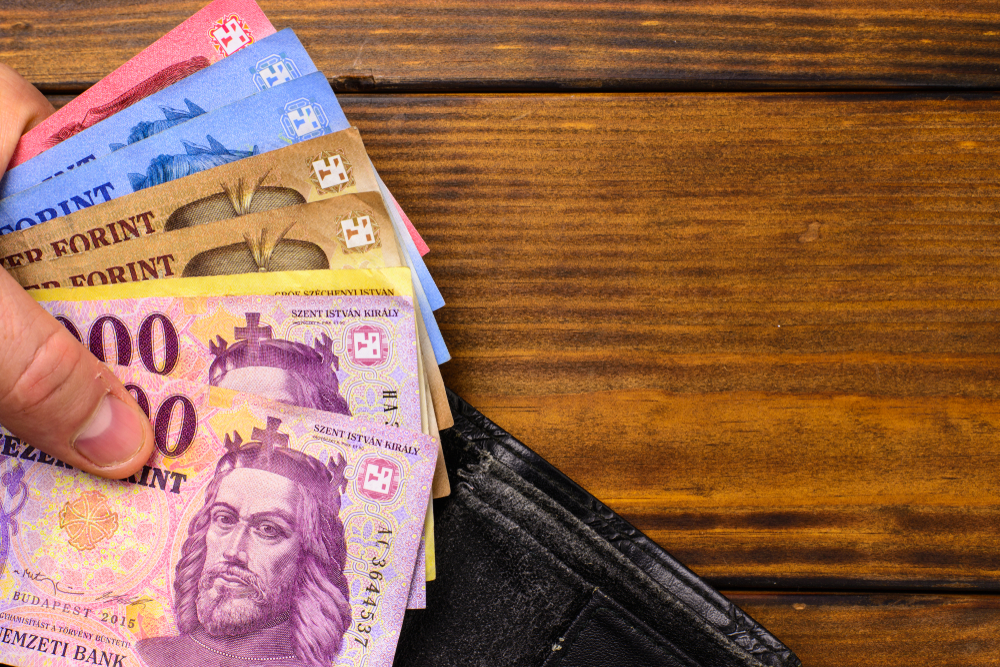April consumer prices down 0.1% in one year

Hungary's consumer prices dropped 0.1% in the twelve months to April, the Central Statistics Office (KSH) said on Tuesday. The twelve-month consumer price index (CPI) fell below 100% for the first time since 1968, Borbála Mináry of KSH said.
She said the drop could not be called "deflation", because the month was the first one in which prices had dropped, and the fall was slight. Analysts polled by business daily Napi Gazdaság had put the April twelve-month CPI at 0.2%. The estimates of London analysts varied between 0.1% and 0.2%. April consumer prices rose 0.1% from the previous month after increasing 0.2% month-on-month in March.
Part of the drop reflected the latest of a series of regulated price cuts, a 6.5% reduction of retail gas prices as of April 1, that reduced the base fee for gas in April, Mináry said. The gas price cut will will surface fully in the May CPI, she said. Ms Minary added that prices continued to fall year-on-year in most product groups.
Similar to March, prices fell in all main product groups year-on-year, with the exception of beverages and tobacco, the figures reveal. Taxes pushed up tobacco and beverage prices 7.3% year-on-year, and services prices rose 1.6% in the period despite a 11% drop of regulated water and sewage fees and a 6.8% drop of local transport fees.
Food prices fell, in contrast, by 0.5% in one year, clothing prices were down 1.4%, consumer durable prices fell 0.5% and household energy prices were down 10.3%. Prices in the category of other goods, including fuel fell 0.6% year-on-year. Fuel prices alone fell 1.9% in one year and were down 0.1% on the month.
In a month-on-month comparison, food prices rose 0.3%, pushed up by a 3.4% rise in seasonal foodstuff prices. Excluding them, food prices fell 0.1% from March. Clothing prices rose 2.3% with the usual change of season, and services prices were flat. Prices dropped from March in all other product groups, with beverage and tobacco and household energy recording the biggest drops, of 0.3% each.
Seasonall- adjusted core inflation, which excludes volatile food and fuel prices, was down 0.1% in a month after a similar-size rise in March. Twelve month adjusted core inflation slowed further, to 2.4% from 2.7% in March. Hungary's harmonised consumer price index (HICP), harmonised for comparison with other European Union member states was 99.9% in a month and 99.8% in twelve month after 100.2% both in a month and in a year.
Tax changes have not affected consumer prices now for the third month in a row -- the indices excluding tax changes were the same both year-on-year and month-on-month as the headline ones. Calculating with a consumer basket for pensioners, April prices were flat from March after rising 0.2% in a month in March. They were down 0.4% year-on-year, after dropping 0.3% both in March and February.
Analysts at Erste Bank said headline inflation was under their estimate for a 0.2% year-on-year rise in April. They put average annual inflation at 0.7% for this year. ING Bank chief analyst András Balatoni also said the headline figure came as a surprise, adding that he had estimated a 0.1% increase in prices in April. CPI will climb to around 2% by year-end, he added.
SUPPORT THE BUDAPEST BUSINESS JOURNAL
Producing journalism that is worthy of the name is a costly business. For 27 years, the publishers, editors and reporters of the Budapest Business Journal have striven to bring you business news that works, information that you can trust, that is factual, accurate and presented without fear or favor.
Newspaper organizations across the globe have struggled to find a business model that allows them to continue to excel, without compromising their ability to perform. Most recently, some have experimented with the idea of involving their most important stakeholders, their readers.
We would like to offer that same opportunity to our readers. We would like to invite you to help us deliver the quality business journalism you require. Hit our Support the BBJ button and you can choose the how much and how often you send us your contributions.








